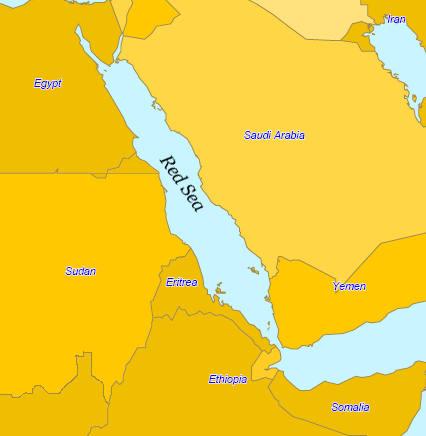The UN Security Council recently took a significant step to address the maritime security crisis in the Red Sea by adopting Resolution 2722 (2024). This resolution, which received 11 votes in favor and four abstentions, demands an immediate halt to the attacks by Houthi rebels on commercial and merchant vessels in this vital shipping lane.
The resolution came in response to the Houthi rebels’ aggressive actions targeting international shipping, posing grave risks to the safety of maritime navigation and the global supply chain. The Council’s resolution strongly condemns these attacks and demands the immediate release of the captured vessel, the Galaxy Leader, along with its crew.
Central to the formation of this resolution were the efforts of the United States and Japan. The U.S., in particular, highlighted the essential principle of upholding freedom of navigation in crucial waterways and the right of states to defend their vessels. The U.S. representative, Linda Thomas-Greenfield, also pointed out Iran’s role in exacerbating the situation by supplying weapons to the Houthis.
Other member states expressed their views following the adoption of the resolution. Japan emphasized the need for a unified response to protect maritime security in the Red Sea. The Russian Federation, however, expressed concerns over its unadopted amendments and cautioned against the resolution legitimizing certain coalition actions in the Red Sea.
The United Kingdom condemned the Houthis’ illegal attacks, noting their significant impact on global trade, including rising food and energy prices. The Republic of Korea, in support of the resolution, stressed the importance of ensuring free and safe navigation in the region.
China, while acknowledging the efforts to refine the draft, abstained from the vote due to concerns over potential ambiguities in the resolution that could lead to increased regional tensions. Algeria, also abstaining, highlighted the need to consider the wider context of regional instability, including the situation in Gaza.
This resolution marks a crucial moment in international efforts to maintain peace and security in the Red Sea, a region critical to global commerce. It reflects the Security Council’s commitment to ensuring the safety of vital maritime routes and underscores the importance of diplomatic efforts and dialogue in resolving conflicts. The resolution’s focus on both immediate actions to stop the attacks and long-term solutions to address the root causes of these attacks demonstrates a comprehensive approach to maintaining peace and stability in the region.










